Meditation: How Ten Minutes a Day Can Provide Calm Amid the Chaos.
I’m sure that you will already have heard about the multiple health benefits of meditation. Not too many years ago, meditation was seen as a strange, esoteric ritual that was strictly preserved for people who wore tie-dye clothing and put flowers in their hair.
These days, science has confirmed that this ancient relaxation practice really is good for you.
It’s so good, in fact, that if meditation came in pill form, everyone would be popping it.
The trouble is that meditation isn’t quite as easy as popping a pill. Just like eating a healthy diet and taking regular exercise, meditation takes a little self-discipline and a little practise. But it’s so worth making the effort as the rewards can be experienced in as little as five days.
The benefits of regular meditation include:
- reduced stress
- reduced anxiety
- reduced inflammation
- improved sleep
- better memory
- improved attention span
- decreased blood pressure
- enhanced self-awareness
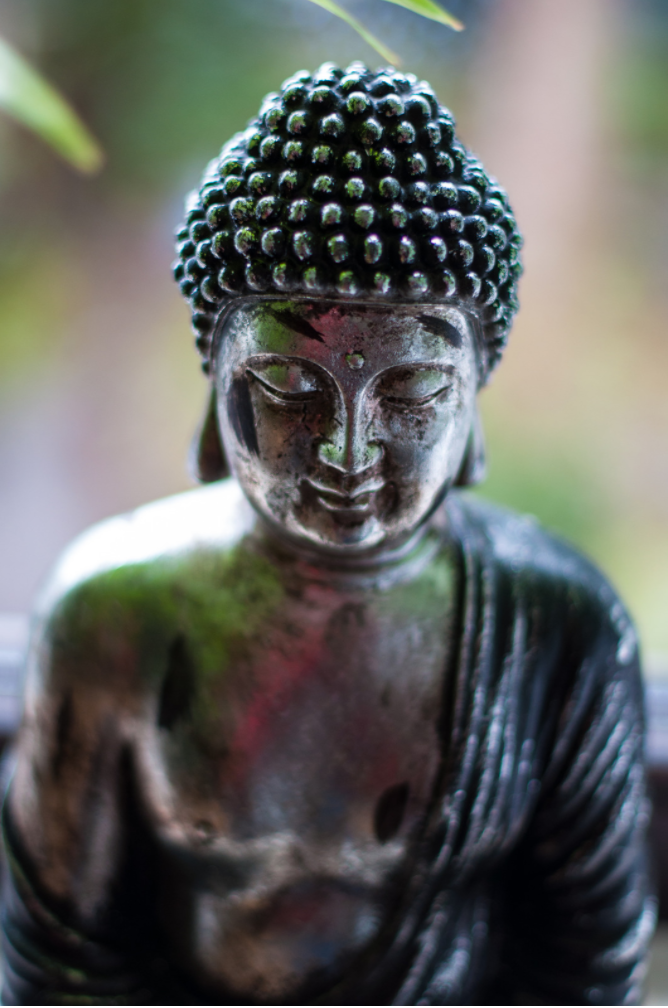
Meditation can help you feel calmer by giving your thoughts a rest and training your mind not to wander all over the place like an excitable puppy on its first trip to the park.
With practice, you’ll have more control over your thoughts, and you’ll develop the ability to keep your mind calm.
There isn’t a single person on the planet who wouldn’t benefit from regular meditation. Unlike pharmaceutical stress remedies, there are no negative side effects to meditation and all it takes to reap these enormous health benefits is to sit peacefully for at least ten minutes every day, relaxing our minds, and focussing on our breath.
So, the question remains, why aren’t we all practicing Meditation?
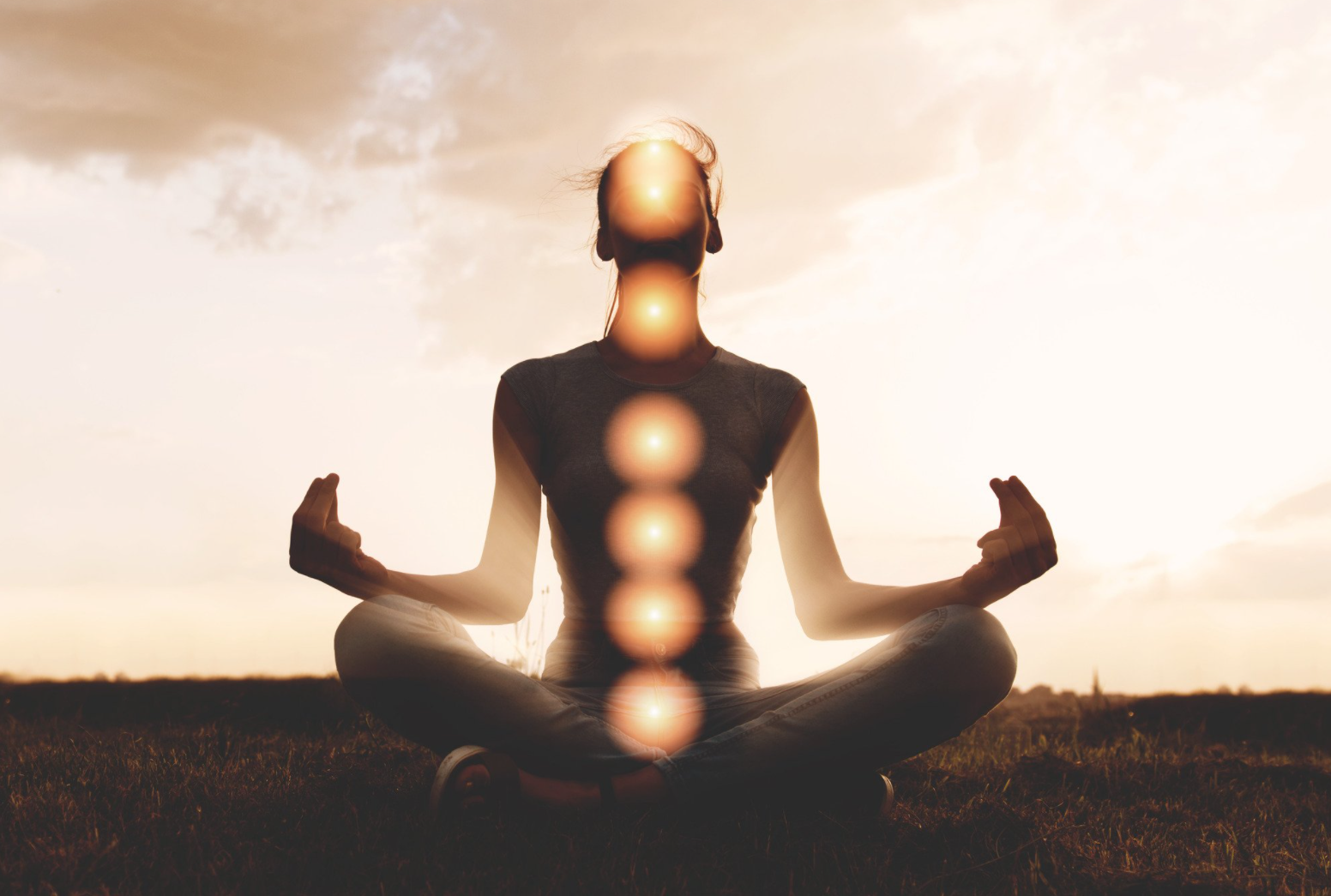
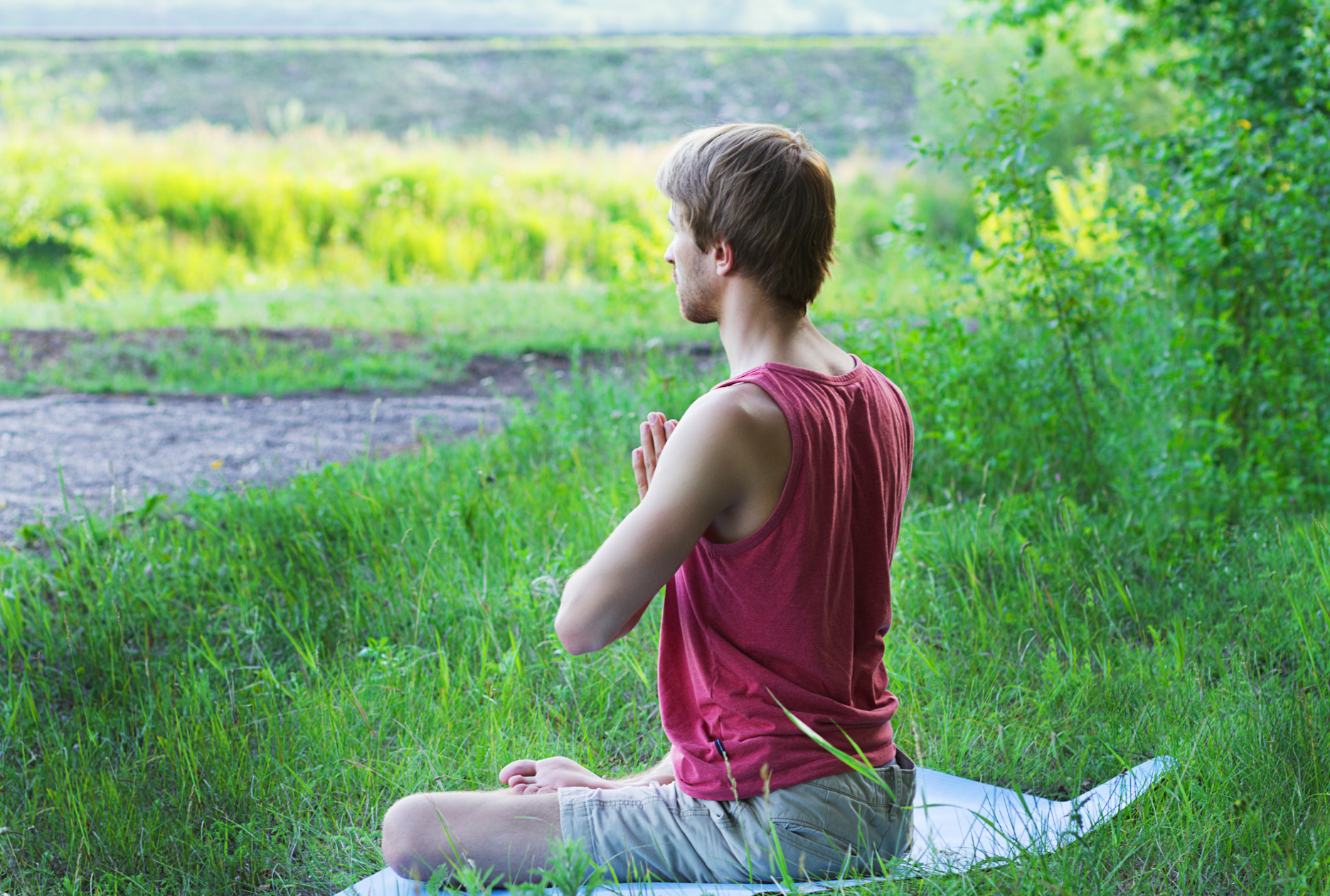
When I recommend meditation to my clients, they often promise that they will try, but then frequently don’t. Sometimes they say that they’ve already tried, and they can’t do it or that they have other ways to relax such as going for a walk or listening to music.
The truth is that any form of relaxation that you enjoy is a good thing, whether it’s listening to music, taking a hot bath, or going for a long walk in the countryside, but there’s no reason you can’t do all of those things and still meditate for ten minutes every day.
When you sit down to mediate for the first time, you might find that you struggle to focus. Don’t worry, that happens to everyone. Remember, even the Dalai Lama found it tricky at first!
If your mind wanders all over the place, you might want to give up. But meditation is a practice. Like any skill, there’s no reason you should be good at it on your first attempt. You wouldn’t expect to pick up a guitar and be able to play it straight away. It’s exactly the same with meditation.
To find out how you can make ore time for yourself check out my blog here:
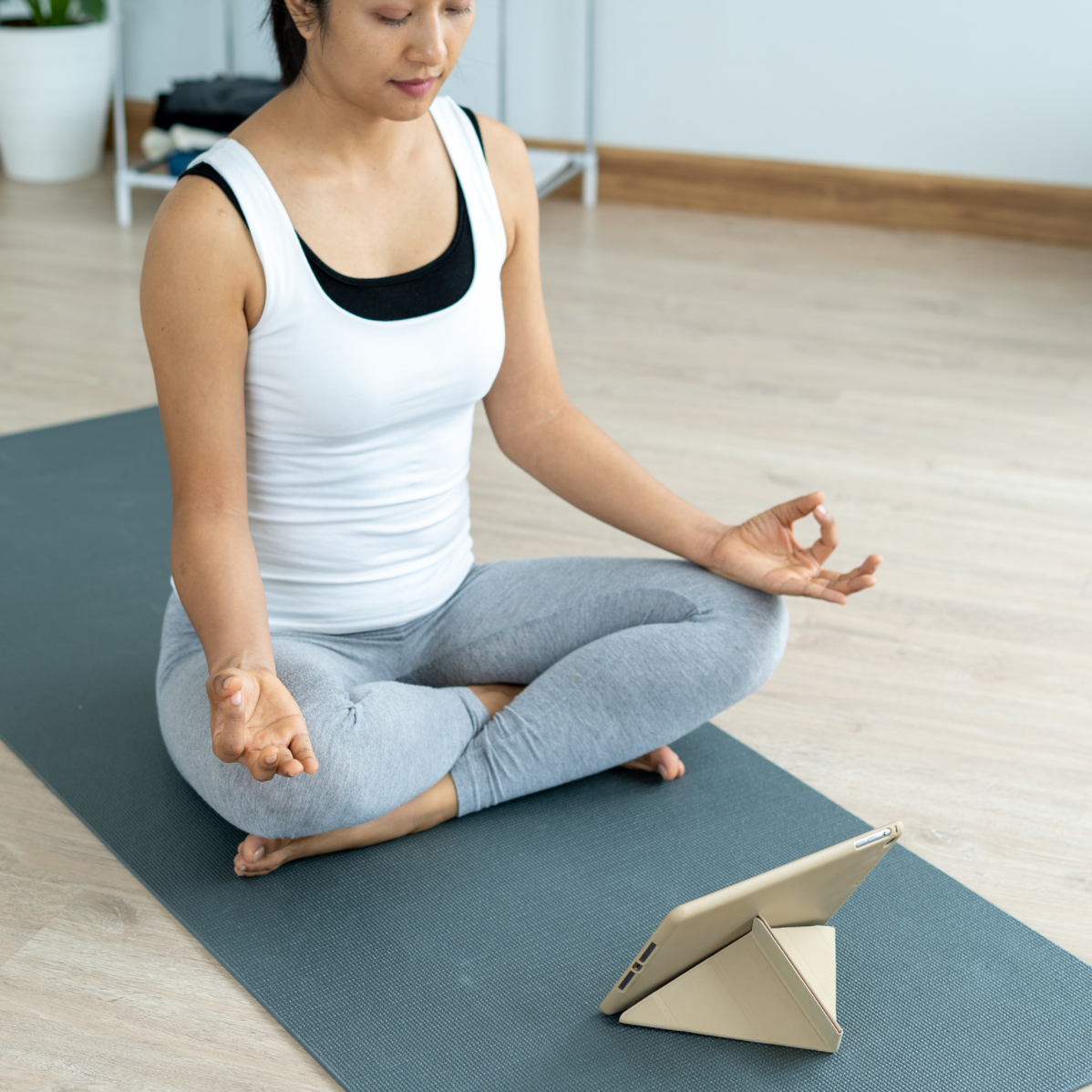
So, here are my tips to help you get started. If ten minutes feels like too long, start with three to five minutes and increase the time as you improve. Try this every day for two weeks and you will see improvements.
Top 7 Tips for meditation
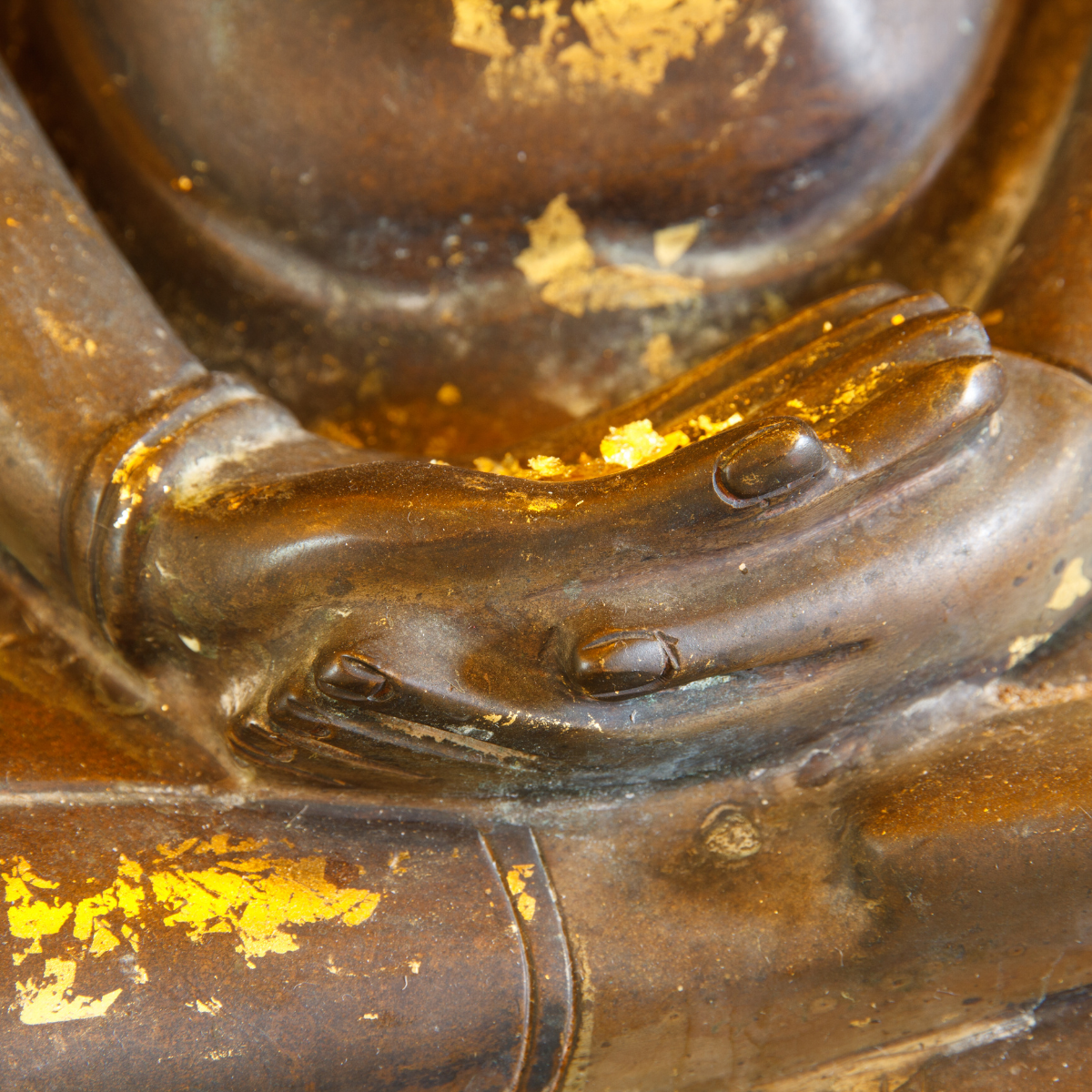
Develop A Routine
Decide on the time of day that you will meditate. Many people like to meditate first thing in the morning. There are definite advantages to morning meditation. Firstly, you won’t forget and run out of time. Secondly, you can carry the feeling of tranquillity into your day. However, if your mornings are too frantic and you just can’t fit in a meditation, then find a time that fits your lifestyle. A bedtime meditation might help you sleep better.
Sit Comfortably
You don’t have to sit cross-legged on the floor. If you find the traditional cross-legged position uncomfortable, then sit upright on a chair. A dining room chair is better than an armchair as you should try to keep your back straight. Sitting upright will help you stay awake.
Set a Timer
Decide on the length of your meditation and set a timer so that you can relax without opening your eyes to check the time. Ten minutes can seem like a long time when you’re new to meditation and you will find it easier to relax if you have set an alarm. You could also listen to a guided meditation if that’s easier for you.
Focus on your breath
Inhale and exhale slowly, trying to use the diaphragm rather than the chest. Be conscious of slowing your breathing down and focusing on the exhale, making that slightly longer than the inhale. Count your breaths if that helps you to concentrate.
If you find yourself thinking about something else, just bring yourself back to your breath.
Scan your body
Start with your toes and work your way up your body, noticing any tension that you might still be holding. Go through all the parts of the body and relax each part, then go back to the breath.
Carry the calm forwards
Think about the next thing you will do after the meditation, even if it’s only making a cup of tea. Imagine yourself doing this with a sense of calm. Then, when you have finished the meditation, be mindful of carrying out that task exactly as you had envisaged, with a sense of calm. Notice how long that calmness lasts and see if you can carry it further into your day.
Be consistent
To truly feel the benefits of meditation, it’s important to be consistent. Try keeping a diary, logging each meditation, and making a note of how you feel during your meditation and afterwards. It’s good to monitor your progress so that you can look back and see how far you’ve come.
That’s Bye for now! Stay safe and be the very best you can be.
Sue 😊


Book a FREE Curiosity call today
We can cover anything you would like to talk about and explore anything that is worrying you.
Book your place today and we can start your journey to a better future.
Make sure you are following me for all updates,
don’t forget to say hi!

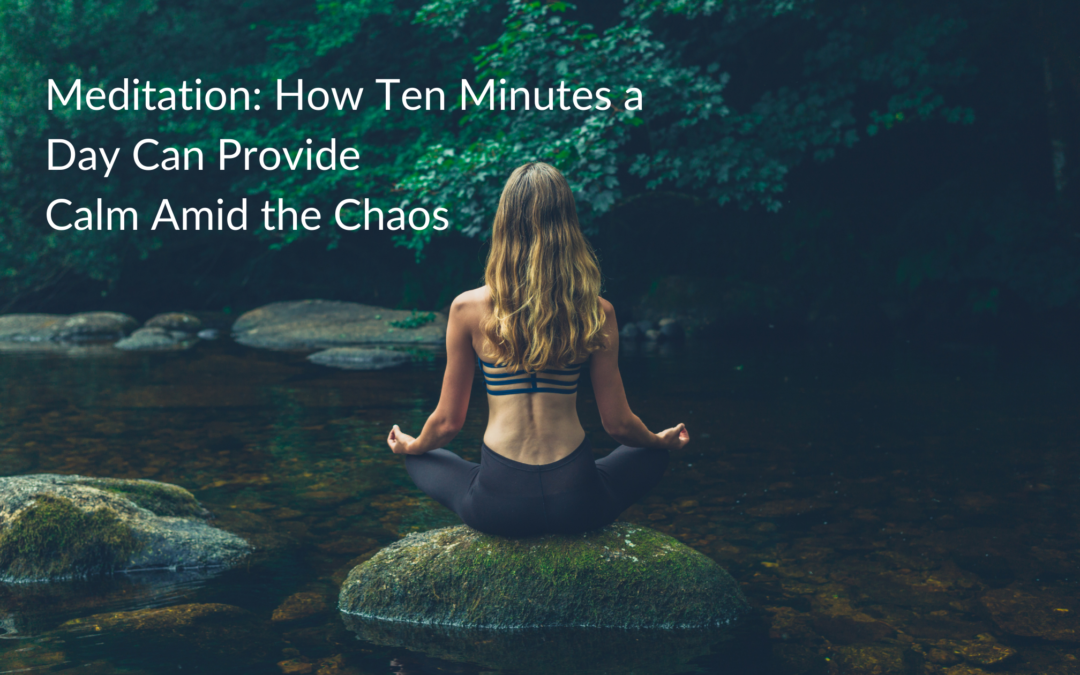
Recent Comments